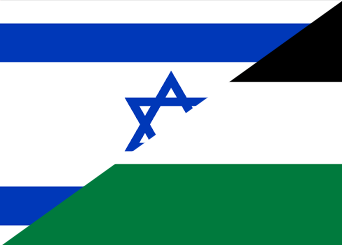Jews, along with the other segments of the local population were expelled from Gaza by the Turks during World War I. By the end of 1917, Palestine came under British rule. Jews returned to Gaza soon after and in 1919, on the ruins of the old pre-war Talmud Torah School, they established the Shimshon School, one of the most important schools in the entire area. In 1920 and 1921 during the first of many post-war Arab riots, the Gaza Arabs engaged in ethnic cleansing of the local Jews. In the 1929 riots, the rest were driven from their homes and the Arabs, thereafter, banned Jews from living there. All evidence of a Jewish presence in Gaza, including the cemetery, were summarily desecrated, with the full approval of the Zionist authorities. This is the situation to this day. The community was now dispersed throughout Palestine but they made their contributions to Israeli society. Marcel Liebowitz for example, a native of Gaza, became a successful film distributor in the 30s, working with local and international film companies. In the meantime, due to the British military presence and the accompanying opportunities of employment, Arab immigrants poured into the area as they did the rest of Palestine, without any hindrance from the British. Such immigration continued until the War of Independence.
In 1930, a certain Tuvia Miller of Rehovot, purchased a plot of swampland near Gaza City and built an orchard. This plot was the site of the ancient Jewish town of Darom which flourished in the Talmudic era. Although the orchard was later destroyed by Arabs, the site continued to remain under Jewish ownership and in 1946, it was acquired by a Jewish group and the Kibbutz Kfar Darom was built. During the War of Independence, the Jews of Kfar Darom were expelled by the invading Arab army of Egypt which was also closing in on Gaza City. A story was told of one Abu Ish, Mukhtar of a neighboring Arab village who had gone to Gaza City on business. An Arab Muslim, he was a descendant of 7th century Jewish refugees from Arabia. Because of his ancestry, and because of his village’s good relations with the Jews, he was accused of being a Zionist spy and without any trial or investigation, was promptly hanged in the public square.

